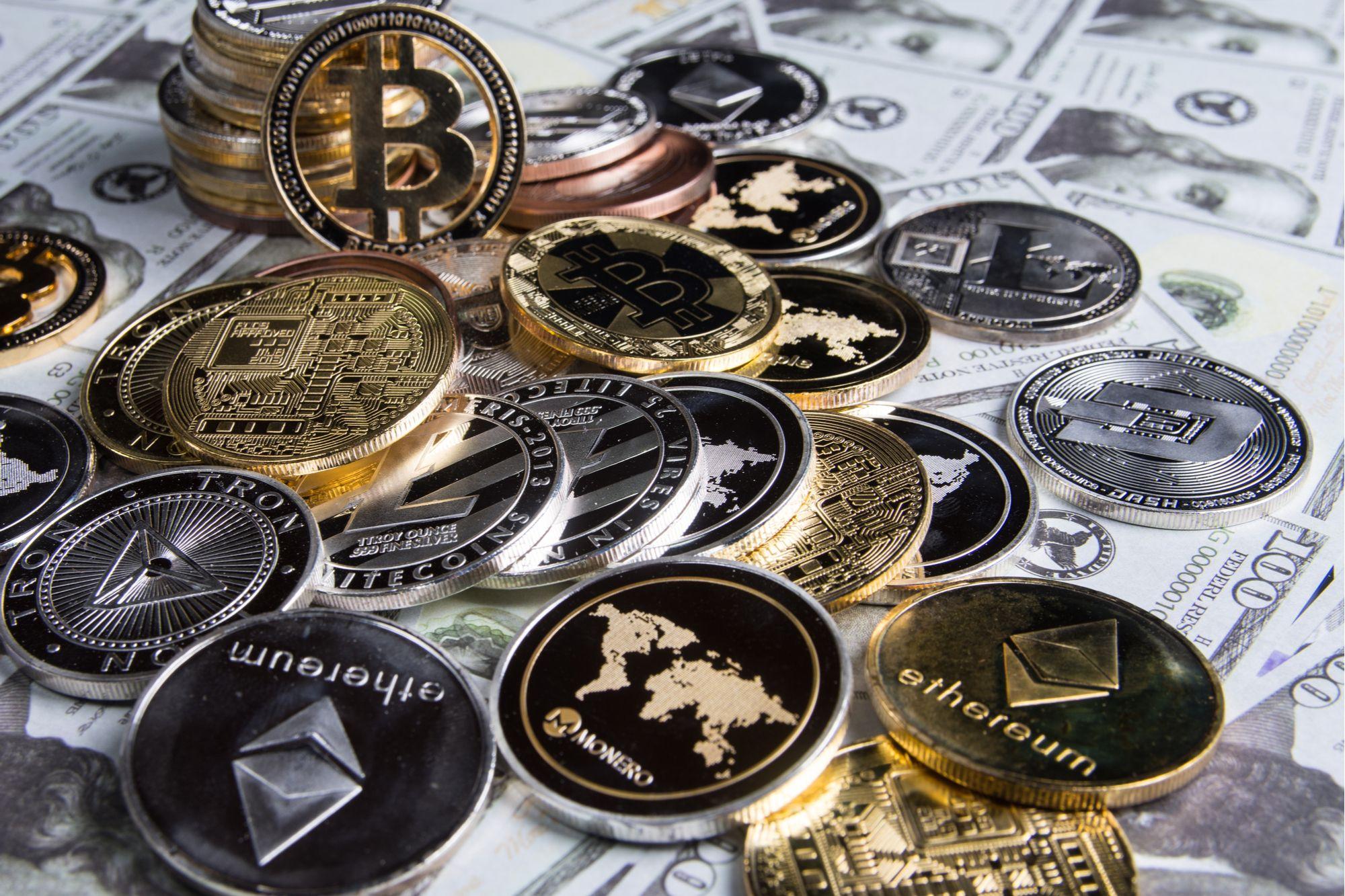Tokens and tokenization
Date: 18.08.2021
A token is an accounting unit representing the value of anything: it can be goods, services, actions, securities, etc. The process of transferring from the real world to the digital and turning it into a token is called tokenization.
Let's take a look at the example. We take one horse from the real world and issue one token that is equal to one horse. We call it a horsecoin or horsetoken. Hence, we are trading with this token that equals one horse. A person who buys this token from us gets a horse.
In place of a horse, there can be stocks or other securities, the price of which can change throughout the entire time. For example, if Sony issues a token, its price will fluctuate depending on the Sony shares on the stock market.
Tokens are most often issued during the initial cryptocurrency coin offering (ICO) period.
Conventionally, tokens can be divided into several types:
- Functional tokens that are required for cryptocurrency to work. For example, ether in Ethereum, Theta Fuel in Theta, etc.
- Assets tokens that imply value in the form of securities.
- Non-fungible tokens (NFT), that are used in art or other unique things trading transactions. Their key feature is the inability to exchange, copy, or replace. It can be called digital collecting.
The main difference between tokens and cryptocurrencies is:
• Issue can be centralized;
• Verification of transactions can be centralized;
- Can be launched on a third-party blockchain.
